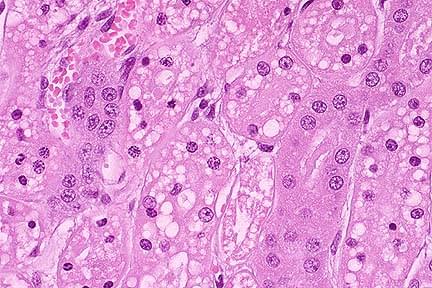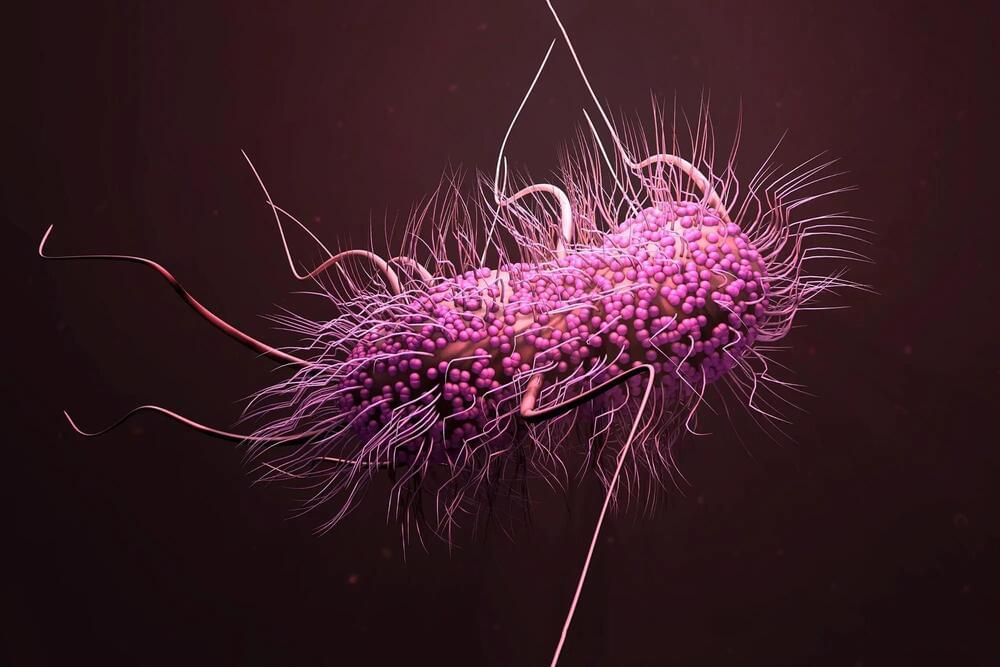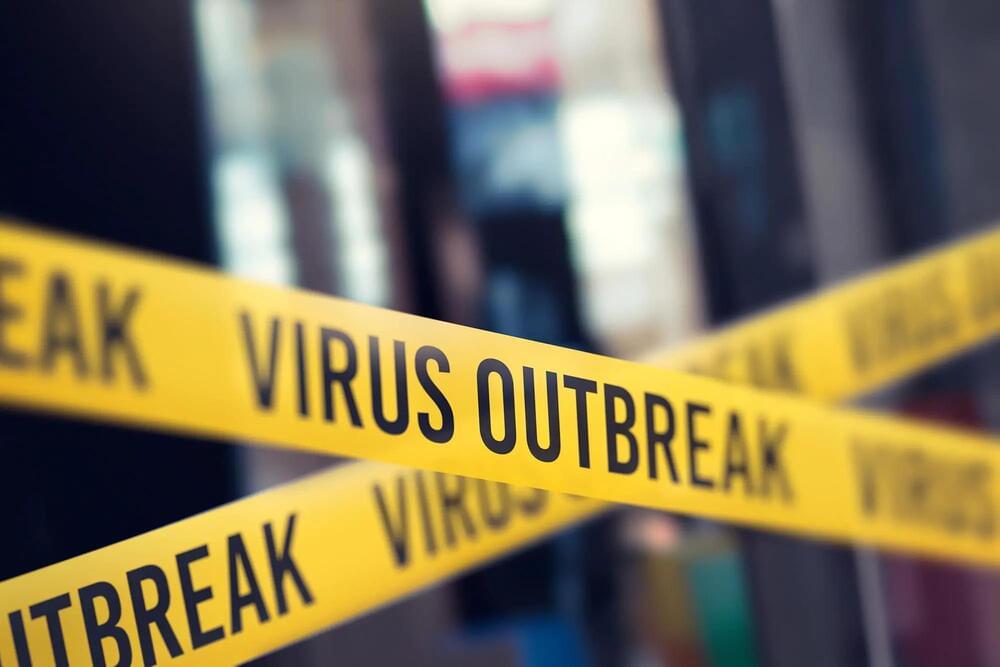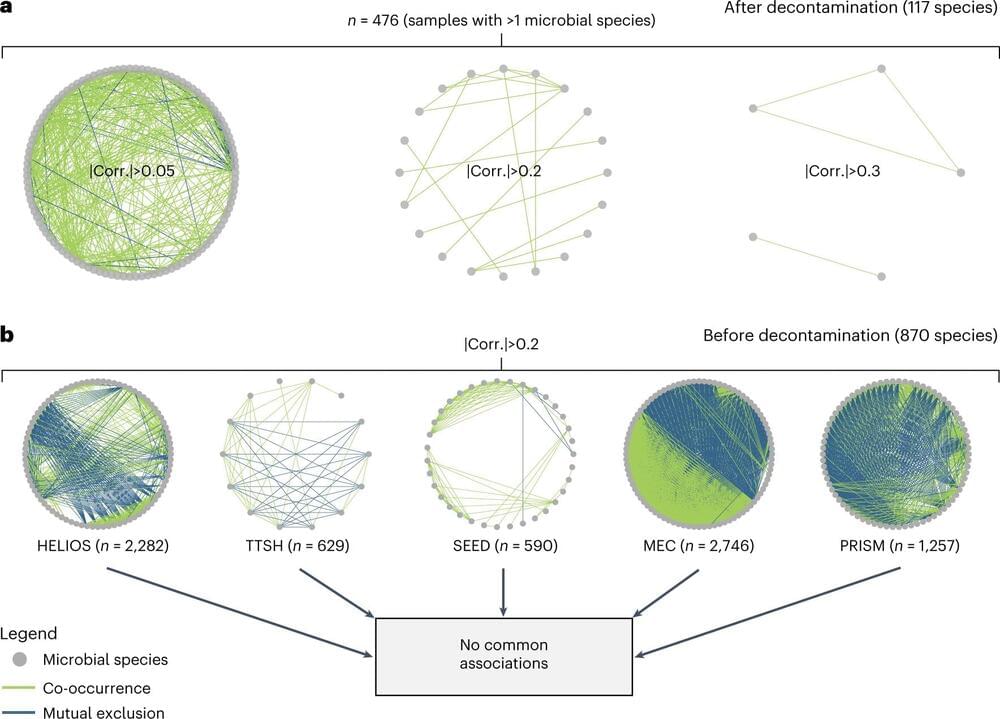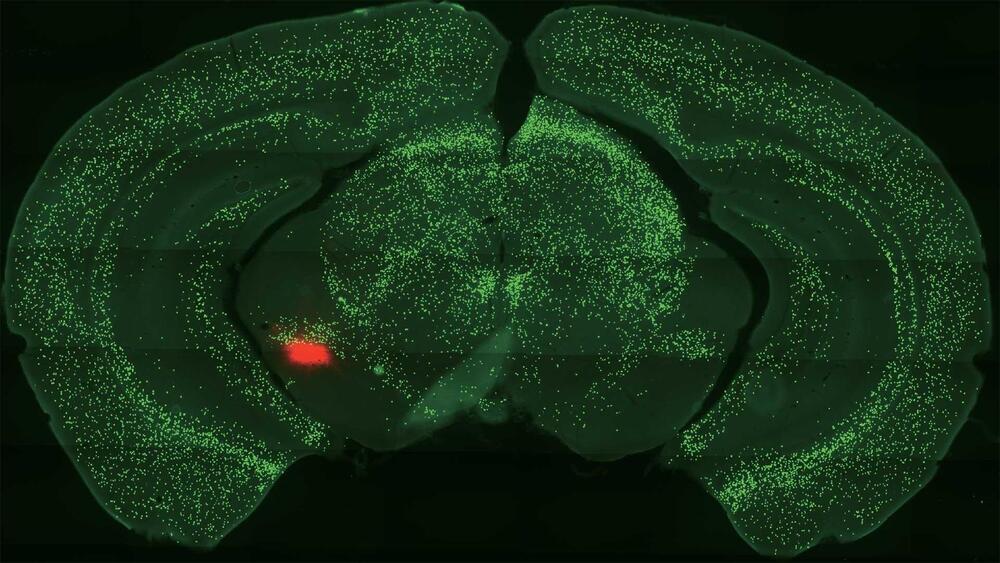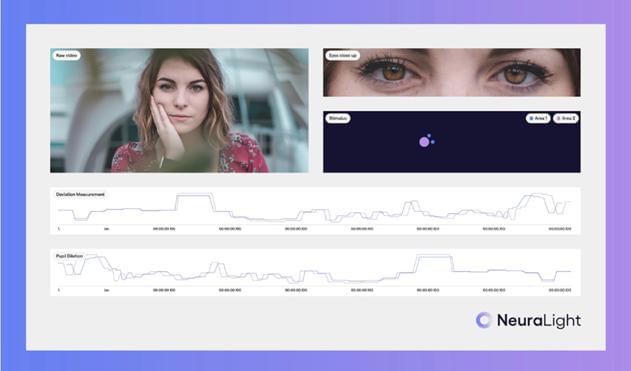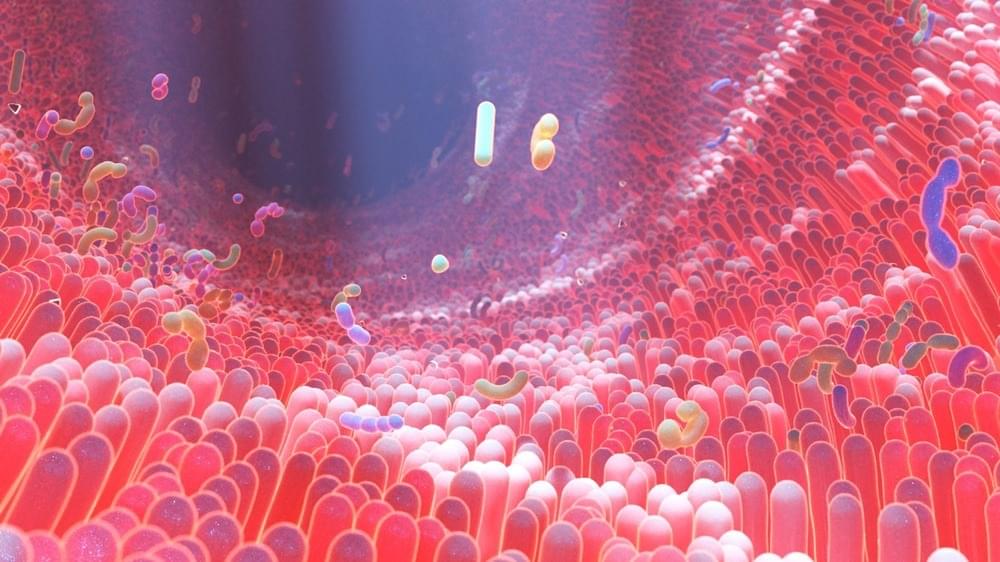The amazing.
But maybe the future of these models is more focused than the boil-the-ocean approach we’ve seen from OpenAI and others, who want to be able to answer every question under the sun.
The amazing abilities of OpenAI’s ChatGPT wouldn’t be possible without large language models. These models are trained on billions, sometimes trillions of examples of text. The idea behind ChatGPT is to understand language so well, it can anticipate what word plausibly comes next in a split second. That takes a ton of training, compute resources and developer savvy to make happen.
In the AI-driven future, each company’s own data could be its most valuable asset. If you’re an insurance company, you have a completely different lexicon than a hospital, automotive company or a law firm, and when you combine that with your customer data and the full body of content across the organization, you have a language model. While perhaps it’s not large, as in the truly large language model sense, it would be just the model you need, a model created for one and not for the masses.
